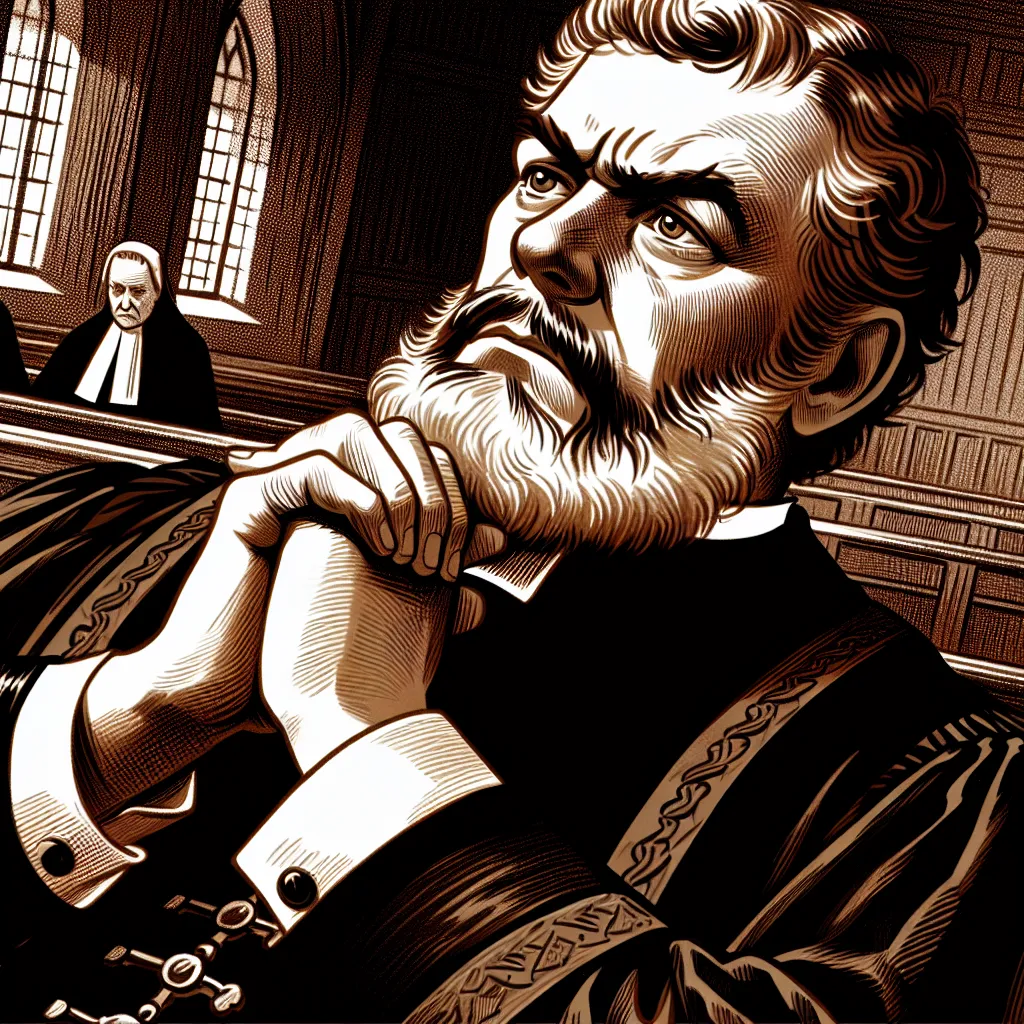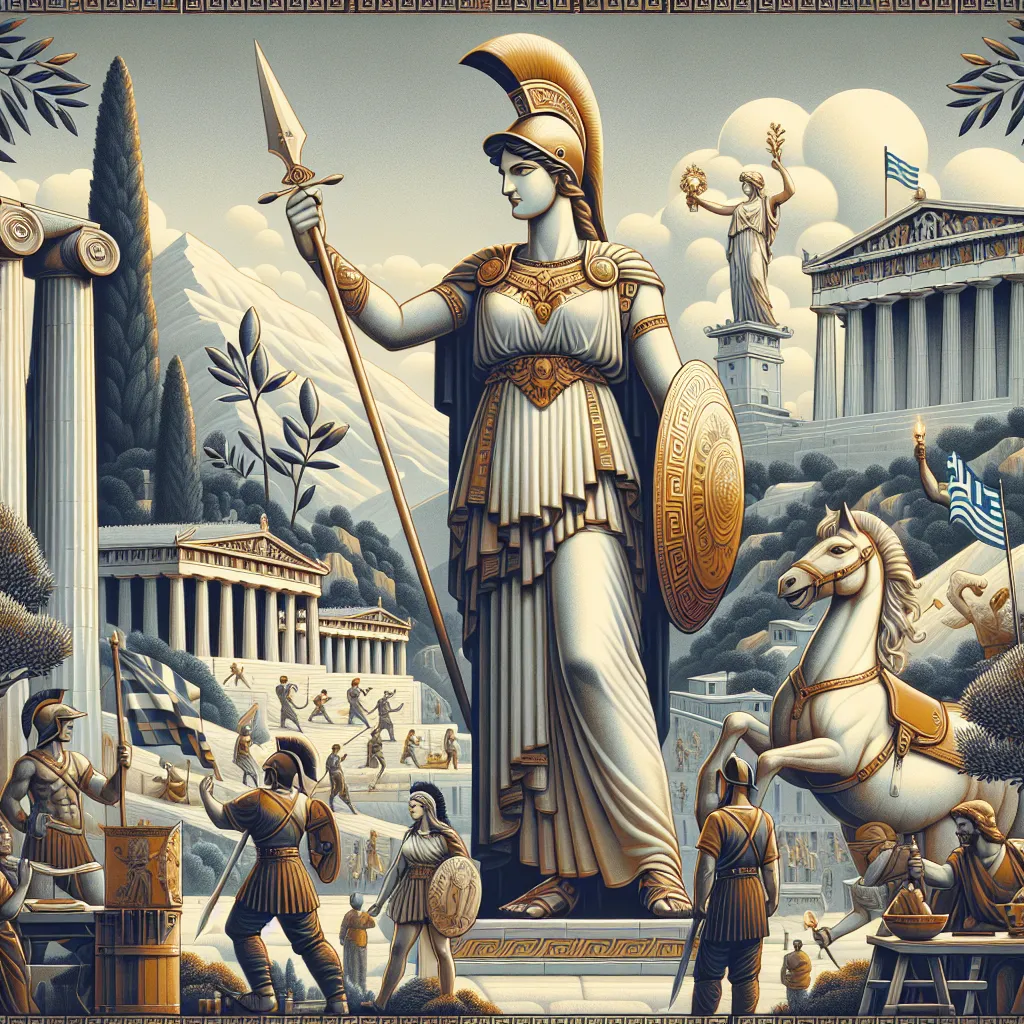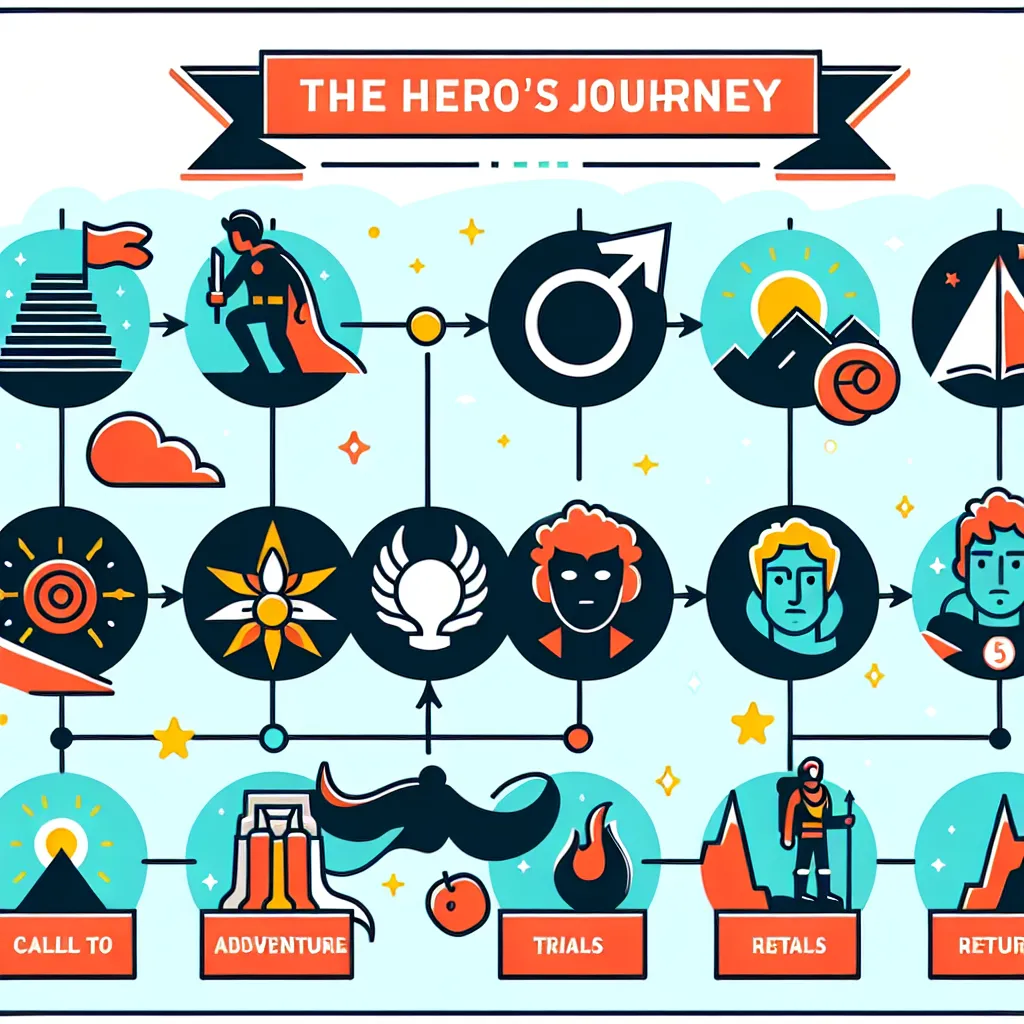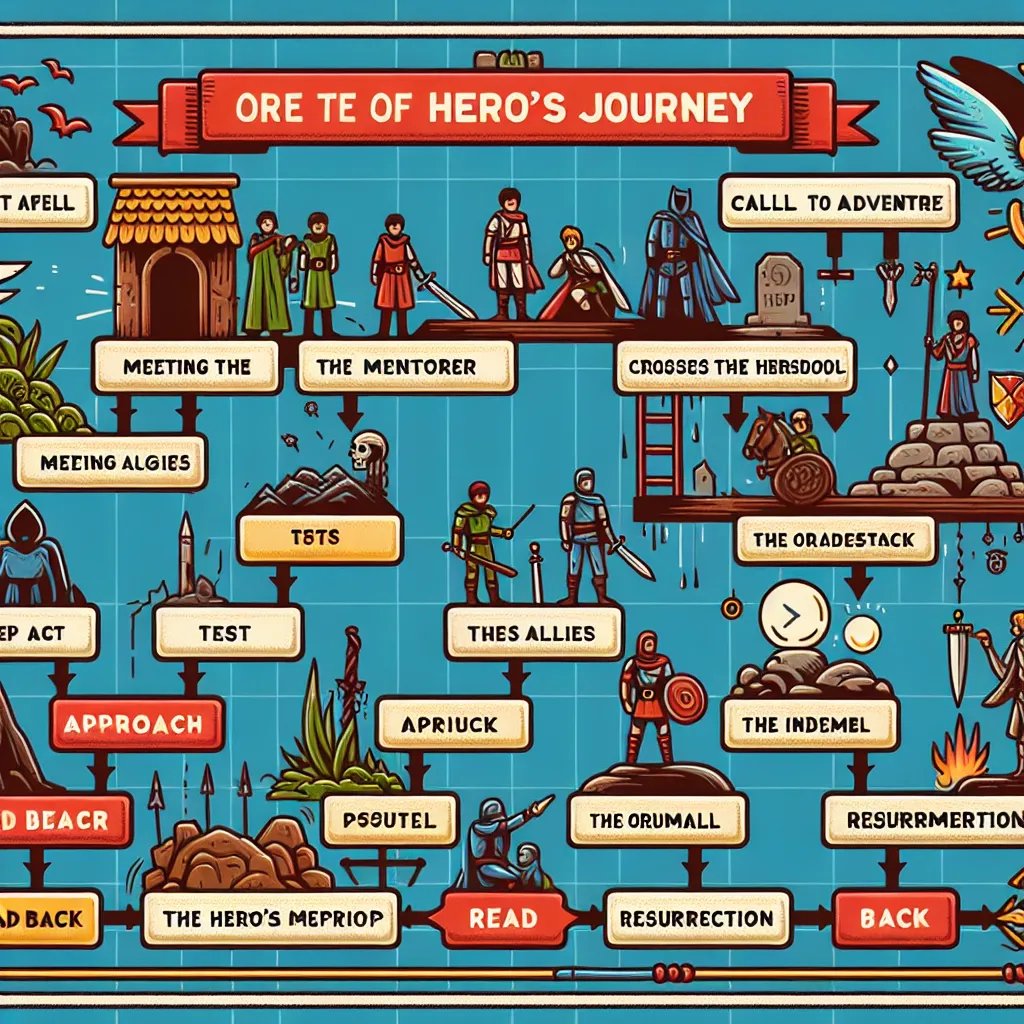Ask AI on The Internet
Question: In a well constructive essay, discuss how Hamlet can be defined as a tragic hero because his downfall is caused by weakness within himself and not by external factors
Certainly! Below is a simplified outline and explanation of how Hamlet can be defined as a tragic hero due to his internal weaknesses: Title: Hamlet as a Tragic Hero: The Downfall from Within **Introduction:** Begin by introducing the concept of a tragic hero. According to Aristotle, a tragic hero is a character of noble stature who falls from grace due to a personal flaw or weakness. Introduce Hamlet, the protagonist of William Shakespeare's play, as a quintessential tragic hero whose downfall is primarily a result of internal conflicts rather than external circumstances. **Body Paragraphs:** 1. **Noble Stature and Initial Situation:** - Discuss Hamlet's noble position as the Prince of Denmark and the son of the deceased King Hamlet. - Emphasize his initial status, intelligence, and potential influence in the Danish court. - Establish how these attributes set up expectations for greatness, making his eventual fall more dramatic. 2. **The Tragic Flaw: Indecision and Procrastination:** - Examine Hamlet's critical flaw of indecision, which becomes evident after the ghost of King Hamlet demands revenge for his murder. - Provide examples of his hesitation, such as his inability to take immediate action against King Claudius. For instance, in Act 3, Scene 3, Hamlet refrains from killing Claudius while he is praying, an opportunity that could have led to a much different outcome. - Discuss how this indecisiveness prolongs the action, causing additional tragedies to unfold. 3. **Hamlet's Internal Conflicts:** - Explore Hamlet's internal struggle with moral and existential dilemmas. His obsession with the spiritual consequences of his actions is a major source of paralysis. - Analyze Hamlet’s famous soliloquy "To be or not to be," which illustrates his deep philosophical quandary about life, death, and the morality of revenge. - Highlight how these internal debates contribute to his inaction and eventual downfall. 4. **Consequences of Inaction:** - Describe how Hamlet's inaction indirectly causes the deaths of other characters, including Ophelia, Polonius, Laertes, Gertrude, and ultimately himself. - Argue that while external factors, such as Claudius’s treachery, exist, it is Hamlet's inability to act decisively that exacerbates these conflicts. 5. **Self-Destruction and Realization:** - Discuss how Hamlet’s tragic flaw leads to his self-destruction, but also to his eventual moment of self-realization. - Consider his final acceptance of fate in the duel with Laertes, reflecting a tragic acknowledgement of his own weaknesses and the consequences they have wrought. **Conclusion:** Reaffirm how Hamlet fits the mold of a tragic hero, with his downfall primarily stemming from his own intrinsic weaknesses. Conclude by reflecting on the play’s enduring impact due to its profound exploration of the human psyche, showcasing Shakespeare’s masterful depiction of a character robbed not by fate or external adversaries, but by fears and flaws from within. This essay approach highlights Hamlet's journey as a tragic hero, focusing on how his internal conflicts and personal flaws shape his destiny.
Title: Hamlet: A Tragic Hero Shaped by Internal Struggles Introduction In the realm of literature, William Shakespeare has created some of the most enduring and dramatic tragic heroes. Perhaps one of the most intricate and profound characters is Hamlet, the protagonist in the tragedy "Hamlet." Various factors have been attributed to the downfall of the Danish prince; however, his intrinsic characteristics and weaknesses play the most significant role. Thus, Hamlet is a quintessential tragic hero, whose downfall is triggered by personal weakness rather than extrinsic factors. Body 1) Hamlet's Inner Conflict To begin with, Hamlet's inner conflict significantly contribute to his tragic end. He is torn between his duty to avenge his father's death and his moral hesitation to commit the murderous act. This delay, often interpreted as a weakness, is a testament to Hamlet's profound contemplative nature that hinders him from making decisive actions. His inability to reconcile his moral concerns and his thirst for revenge triggers his eventual downfall. 2) Hamlet's Melancholic Nature Secondly, Hamlet’s intrinsic melancholic disposition also serves as a leading factor in his catastrophe. Unlike typical heroes, Hamlet carries a gloomy, pessimistic, and contemplative demeanor. This constant state of melancholy engenders a series of negative feelings within Hamlet, including despair, indecisiveness, and excessive rumination over the notion of life and death. This morose persona not only stifles his ability to act decisively but also amplifies his own suffering, leading to his tragic demise. 3) Hamlet’s Obsessive Personality In addition to inner conflict and melancholy, Hamlet exhibits an obsessive personality, particularly toward vengeance and the pursuit of truth. He is so fixated on validating his father's ghost's claims that he transforms the royal court into a theater of manipulation and deceit. His obsession, a fundamental flaw of his character, results in numerous tragedies, including the deaths of Polonius, Gertrude, Laertes, Ophelia, and ultimately himself. 4) Hamlet’s Tragic Flaw: Hubris Finally, Hamlet's tragic flaw or 'hamartia,' which is central to Aristotle's definition of a tragic hero, lies in his hubris. Hamlet's overconfidence in his moral superiority and intellectual prowess blinds him to the consequences of his actions. His reckless behavior, influenced by hubris, leads to a series of catastrophic events, including Ophelia's descent into madness and his own tragic death. Conclusion In summary, Hamlet's downfall is instigated more by his personal weaknesses rather than external influences. His internal struggle, melancholy nature, obsessiveness, and hubris drive him toward a tragic end. By focusing on these weaknesses, Shakespeare adds complexity and depth to Hamlet's character, making him a timeless representation of a tragic hero. He serves as a stark reminder of the disastrous outcomes when individuals fail to confront their weaknesses and allow them to dictate their actions.
Think your answer is better than the AI's? Post it below.
Other Most Relevant Posts:
 Ask AI: In act 5 scene 2 of hamlet. What figure of speech is used in these lines? How does the comparison serve to justify Hamlet’s actions?
Ask AI: In act 5 scene 2 of hamlet. What figure of speech is used in these lines? How does the comparison serve to justify Hamlet’s actions?
 The Illusion of the American Dream: Gatsby's Ambition, Struggles, and the Price of Obsession in Fitzgerald's Narrative
The Illusion of the American Dream: Gatsby's Ambition, Struggles, and the Price of Obsession in Fitzgerald's Narrative
Question Tags
If you want your question answered by an AI, click here.





Post your own comment: